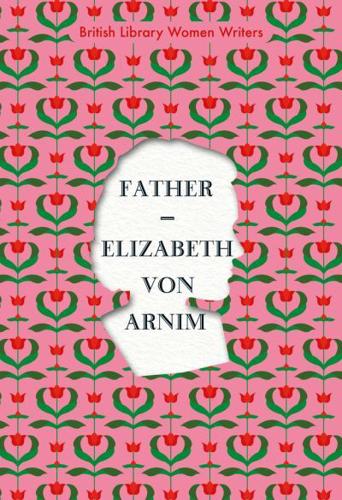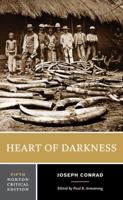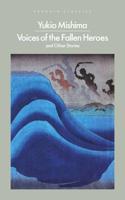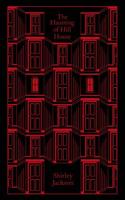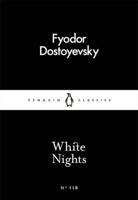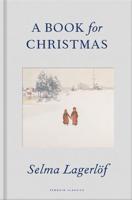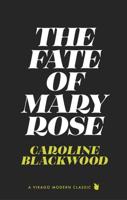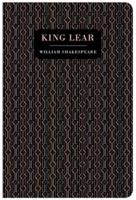Publisher's Synopsis
'There came a moment, she imagined, in the lives of most unmarried daughters, and perhaps in other people's too, when they must either bolt or go permanently under.'
Since her mother's death Jennifer has devoted years of her life to her father, managing the family home and acting as his secretary. After the sudden announcement that he has taken a new wife, Jennifer, at 33, seizes the opportunity to lead an independent life. Quickly she secures the lease of Rose Cottage and turns her attention to her own needs and interests. Published in 1931, Father explores the concept of spinsterhood in a time when the financial and social status of single women were often dependent on male family members. While Jennifer is desperate to experience life on her own terms within her reduced financial means, her neighbor Alice is pre-occupied with ensuring her position as head of her brother's household is never challenged.
British Library Women Writers 1930's.
Part of a curated collection of forgotten works by early to mid-century women writers, the British Library Women Writers series highlights the best middlebrow fiction from the 1910s to the 1960s, offering escapism, popular appeal, and plenty of period detail to amuse, surprise, and inform.
Since her mother's death Jennifer has devoted years of her life to her father, managing the family home and acting as his secretary. After the sudden announcement that he has taken a new wife, Jennifer, at 33, seizes the opportunity to lead an independent life. Quickly she secures the lease of Rose Cottage and turns her attention to her own needs and interests. Published in 1931, Father explores the concept of spinsterhood in a time when the financial and social status of single women were often dependent on male family members. While Jennifer is desperate to experience life on her own terms within her reduced financial means, her neighbor Alice is pre-occupied with ensuring her position as head of her brother's household is never challenged.
British Library Women Writers 1930's.
Part of a curated collection of forgotten works by early to mid-century women writers, the British Library Women Writers series highlights the best middlebrow fiction from the 1910s to the 1960s, offering escapism, popular appeal, and plenty of period detail to amuse, surprise, and inform.
